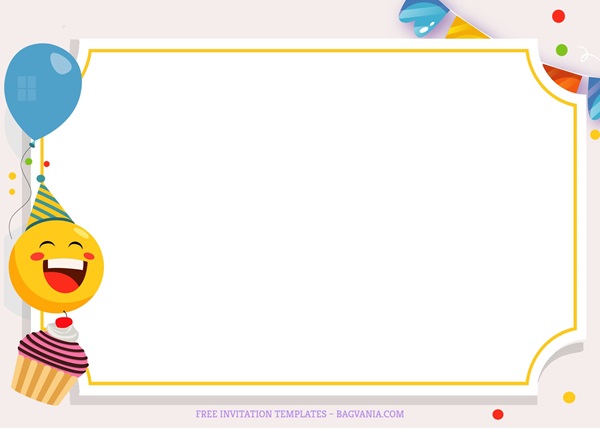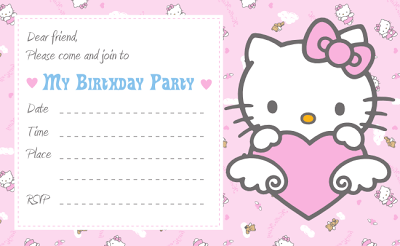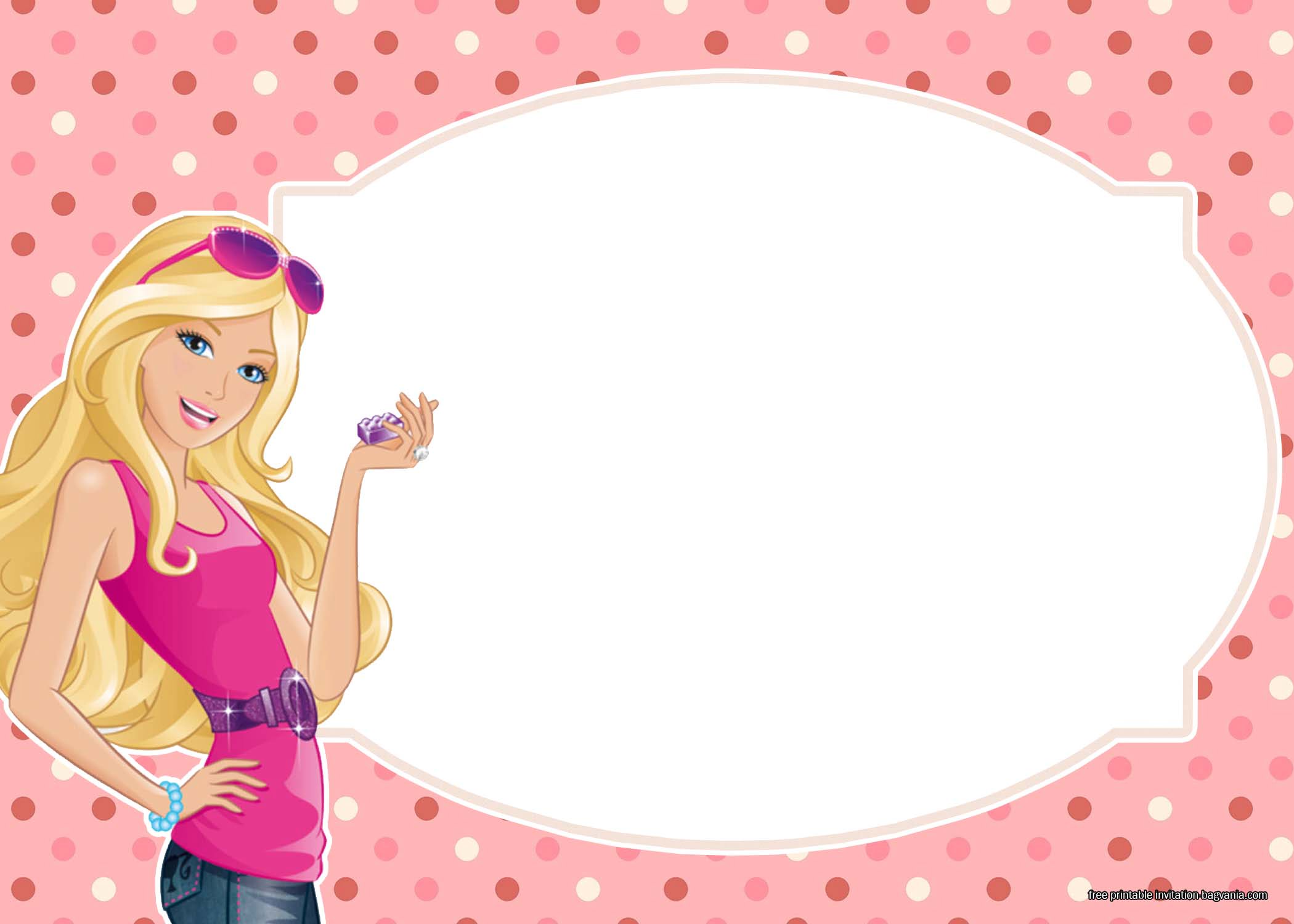Phonics worksheets are a fantastic way to help children build strong reading skills while having fun. These worksheets focus on key elements like letter sounds, short and long vowel sounds, and vowel-consonant combinations, making learning more structured and engaging. By practicing with worksheets, children can develop confidence in decoding words, which is essential for fluent reading. Plus, the hands-on nature of these activities keeps kids actively involved, making learning both effective and enjoyable.
What makes phonics worksheets even more exciting is that they can be used beyond the classroom. Whether at a playdate or a themed party, these worksheets can turn learning into a group activity where kids can collaborate and reinforce their skills together. Fun challenges, matching games, or friendly competitions can add an extra layer of excitement, keeping children motivated while they practice. This makes phonics learning not only beneficial but also a delightful experience that fits into everyday play.
What is Phonics and Why is It Important for Children to Master
Phonics is a method of teaching children how to read by helping them understand the relationship between letters and the sounds they make. It breaks words down into smaller sound units, allowing children to decode and blend sounds to form words. For example, learning that the letter “b” makes the /b/ sound and that “at” makes the /at/ sound helps children read the word “bat.” By mastering phonics, children gain the foundational skills needed for reading fluency and comprehension.
Phonics is important because it helps children become confident, independent readers. When children understand how sounds and letters work together, they can decode new words on their own instead of memorizing them. This improves their ability to read with accuracy and speed, which is essential for understanding stories and texts. Strong phonics skills also support spelling and writing, making it easier for children to express themselves. Overall, mastering phonics sets the stage for a lifetime of literacy success.
How do Phonics Worksheets Benefit Your Young Learners
Phonics worksheets will surely help your children learn the topic, but they also carry a lot of hidden benefits and boost a child’s development in so many different ways. Here are some of them:
- Hands-On Learning Experience: Phonics worksheets provide a hands-on approach to learning, allowing children to actively engage with letters and sounds. Instead of passively listening, kids trace, match, sort, and fill in answers, reinforcing their understanding through action. This interactive method helps concepts stick better than simple rote memorization.
- Builds Strong Reading Foundations: By working with phonics worksheets, children develop essential skills like recognizing letter sounds, blending sounds, and decoding words. These skills form the foundation of reading fluency, helping kids become more confident readers as they progress to more complex texts.
- Enhances Fine Motor Skills: Many phonics worksheets include activities like tracing letters, circling sounds, or writing words, which strengthen fine motor skills. These tasks improve hand-eye coordination and pencil control, which are important for handwriting development.
- Encourages Independent Learning: With worksheets, children can practice phonics skills at their own pace. The structured format allows them to work independently, reinforcing their learning without constant adult supervision. This fosters a sense of confidence and self-reliance in young learners.
- Adds a Fun Element to Learning: Phonics worksheets can include puzzles, matching games, cut-and-paste and coloring activities that make learning exciting. Kids enjoy the challenge of solving problems, which keeps them motivated and engaged while practicing essential reading skills.
- Perfect for Group Activities and Playdates: These worksheets can easily be incorporated into group settings, such as classrooms, playdates, or themed parties. Kids can team up for phonics-based games, races, or scavenger hunts, turning learning into a fun and social experience.
- Provides a Structured Learning Approach: Phonics worksheets offer a step-by-step progression, starting from basic letter sounds to more complex vowel-consonant combinations. This structured approach ensures children gradually build their skills in a logical and organized way.
Different Types of Phonics Worksheets
Beginning Letter Sounds
Beginning letter sounds worksheets help children recognize the sounds associated with each letter of the alphabet. Activities like tracing letters, matching pictures to beginning sounds, and circling the correct sound reinforce phonemic awareness. These worksheets lay the foundation for reading by helping kids identify sounds in words, making it easier for them to blend and decode new words.
For letter sounds, you can start with these worksheets from cleverlearner.com. They have amazing worksheets to help children match the letter to the sound that they make by matching them to everyday objects. In one worksheet, they can circle the correct picture, or even color them to add an extra layer of fun and creativity. In the other, they get to cut and paste the picture to the correct letter. Incorporating these activities do not only help children practice fine motor skills, they are sure to keep them engaged and interested in their learning.


Short and Long Vowel Sounds
Short vowel sounds worksheets focus on helping children distinguish and pronounce vowels like “a” in “cat” or “e” in “pen.” These worksheets often include word families, fill-in-the-blank exercises, and sorting activities that strengthen word recognition. Mastering short vowel sounds is crucial for early reading, as they appear in many common words young readers encounter.
Long vowel sounds worksheets teach children how vowels can say their name, such as the “o” in “boat” or the “i” in “kite.” Activities like silent “e” exercises, vowel teams matching, and sorting long and short vowel words help kids grasp these patterns. Learning long vowels expands a child’s reading ability, allowing them to tackle more complex words and sentences.
You can also have a worksheet where they can practice both short and long vowels at the same time. This phonics worksheet by kindergartenworksheets.com challenge children to identify the short and long vowel sounds, at the same time they get to color the apples and have a positive learning experience.

Blend and Digraphs
These phonics worksheets focus on the sounds that are produced when more two letters are next to each other. They can be the sounds of vowel and consonant, like “at”, “ap”, “og”, and “in.” They can also be the sounds of when two consonants are next to each other, such as “sh,” “ch,” “th,” or “br,” “fr,” and “st.” Activities may include word searches, puzzles, and matching games to help children recognize and pronounce these sounds correctly. Understanding these combinations improves reading fluency and spelling, as many words in English are built using these patterns.


Incorporating Phonics Worksheets at Social Gatherings
Making Phonics Worksheets a Fun Party Activity
Phonics worksheets can be a fantastic addition to a children’s party by turning learning into a playful challenge. Instead of traditional worksheets, create themed activities that match the party’s setting—such as a treasure hunt where kids must solve phonics puzzles to find clues or a matching game with phonics words and pictures. Adding small rewards, like stickers or treats, makes completing each worksheet even more exciting, ensuring children stay engaged while reinforcing their reading skills.
Worksheet-Based Group Games for Playdates and Parties
Playdates are a great opportunity to introduce phonics worksheets in a way that encourages teamwork and friendly competition. Pair kids up for phonics races, where they must complete a worksheet or a word-matching challenge before moving to the next station. Alternatively, turn phonics into a bingo-style game where children listen to words and mark the correct sound or vowel pattern on their sheet. These interactive elements make phonics learning feel more like play, keeping kids entertained while they practice essential skills.
If you are looking for some fun and colorful phonics bingo templates like the samples you see below, you should definitely head to superstarworksheets.com. Download and print the templates, then get the children to learn, play and create unforgettable memories together!


Free Invitation Templates
To make planning even easier, you can use these invitation templates to invite friends to a fun learning playdate or party. These invitations can feature colorful alphabet designs and other interesting illustrations for kids to set the tone for an engaging event. Whether hosting a “Letter Sounds Playdate” or a “Phonics Party Fun” session, a fun invitation adds excitement and lets parents know their children will enjoy both learning and play. You can provide printable and digital options so guests can receive them in a way that’s most convenient. Including a quick description of the activities—like matching games, word hunts, or phonics bingo—can also spark interest and build anticipation for the event.
You can start by heading to these links: (Free PDF Invitation) Nursery ABC Kids Birthday Invitations and 8+ Funny Emojis Birthday Invitation Templates. Once you’ve picked a template of your liking, all you have to do is download and edit in the details to your social gathering!


Final Thoughts
Phonics worksheets are a fun and effective way to help children build essential reading skills while keeping them engaged. Whether practicing letter sounds, short and long vowels, or vowel-consonant combinations, these worksheets provide a hands-on learning experience that boosts confidence and fluency. With interactive activities like tracing, matching, and puzzles, children stay motivated as they develop their phonics skills.
Incorporating phonics worksheets into playdates or parties makes learning even more exciting. By turning phonics into group games, challenges, or themed activities, children can enjoy practicing together in a social and playful setting. With the option to use fun invitation templates, hosting a phonics-themed gathering is easy and enjoyable for both kids and parents.































